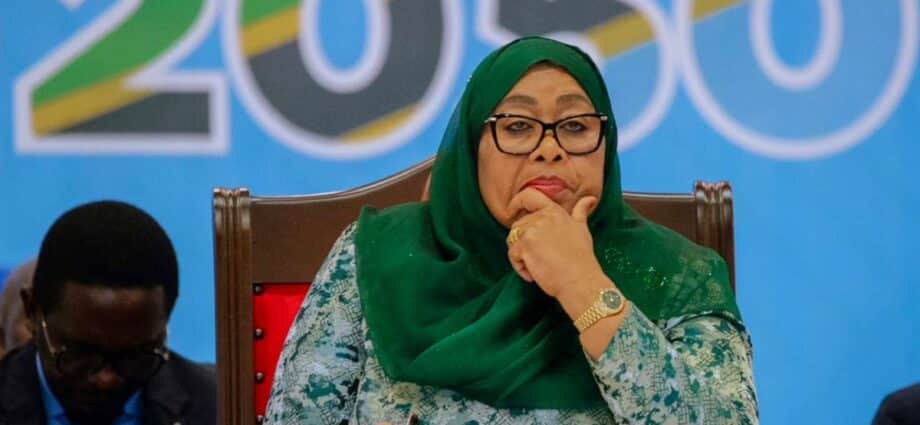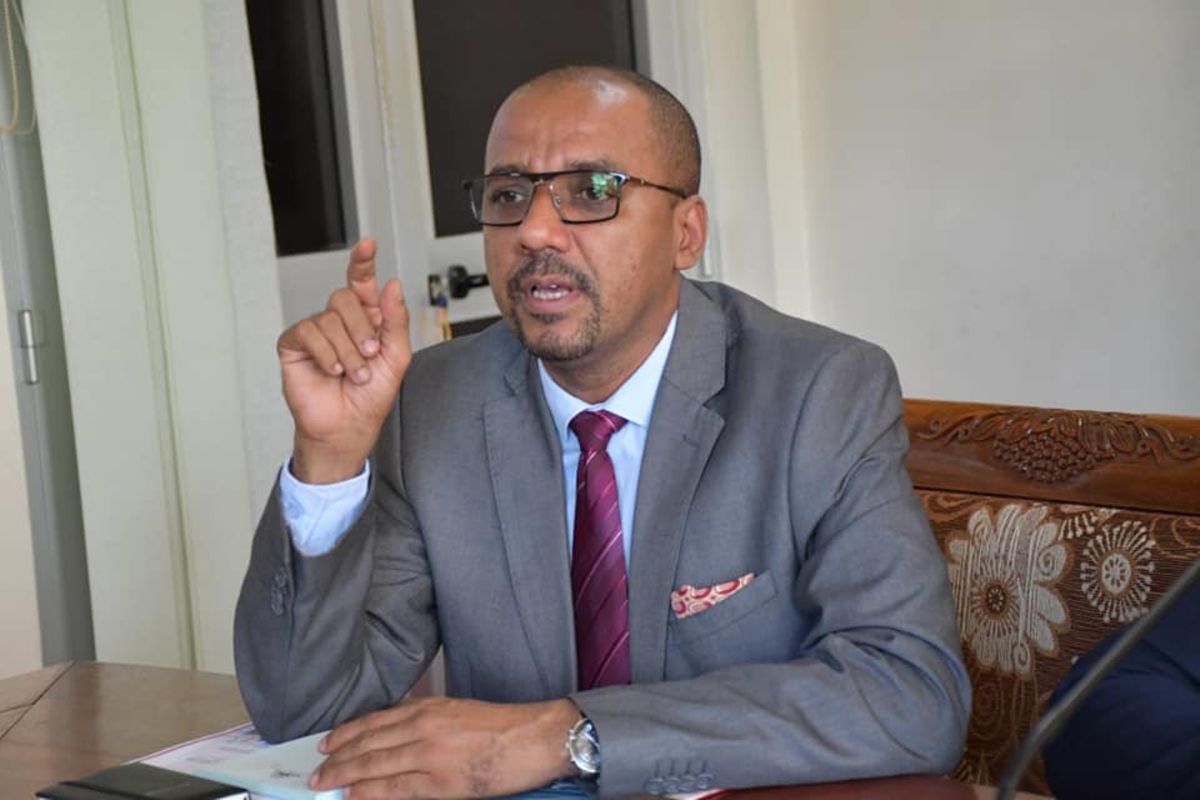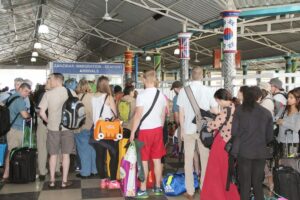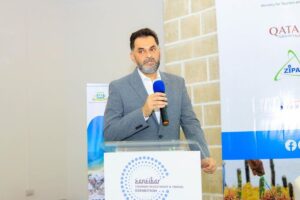Tanzania is embarking on a transformative journey with its Vision 2050 initiative, designed to shape the nation’s future development. Inspired by long-term planning traditions from the former USSR and then China, this programme aims to chart a course for a thriving Tanzania by 2050, guiding national efforts over the next 25 years.
Planning for a nation projected to have 130 million people by 2050 is a monumental task. Such a responsibility is not one to be taken lightly. I am envious of those entrusted with this mission. While I am not among them, I bet I can use this platform to craft my vision for the Tanzania I want.
Writing is a deeply personal endeavour, often rooted in our core beliefs and emotions. It’s a way to make sense of the chaos around us, serving as a coping mechanism. Without this outlet, the harsh realities of life can be overwhelming.
In 2010, I was part of a team of four telecom engineers, including three Chinese nationals, conducting a technical survey across Dar es Salaam, Morogoro, and Dodoma. During our travels, I encountered an elderly woman in a village in Morogoro. Frail and struggling, she was carrying a bag of oranges to sell. Moved by her plight, I bought all her oranges, despite their poor quality. One of my colleagues looked at me and remarked, ‘Charles, I know why you have done what you have done’. Yes, while I felt compelled to ease her burden, but the question was, who was going to unburden her the following day?
Many Tanzanians face profound hardships daily. Like that elderly woman, when we think of the Tanzania we aspire to, we must keep the faces of these Tanzanians in our minds. Is poverty an inevitable curse, or a disease we can choose to cure? Vision 2050 offers a chance to rewrite the script.
Last week, at a farewell event for several ambassadors, one ambassador who was introduced to me asked me, “What do you write about?” After hundreds of articles, one would think that answering that question would have been easy. Surprisingly, I struggled. Yes, I have taken all sorts of liberties and my articles have been varied in subject, but one thread cuts across most of them: a consistent set of beliefs that forms the foundation of my worldview about national development.
The first belief is that poverty is a choice. In the early days of independence, many nations experimented with different development paths, often with disastrous results. Today, with a wealth of examples of both successful and struggling nations, the lessons are clear. South Korea, rising from the ashes of war, became a technological powerhouse and Singapore, transformed from a swampy backwater, became a global business hub. Conversely, Zimbabwe, once a regional breadbasket became a nation in tatters, and Venezuela, once a shining example, fell from grace. Prosperity is not a mystery: it can be learnt and is achievable within this very generation.
The second belief is that visionary leadership is essential. Visionary leaders lead institutions that achieve transformative results that last beyond their generation. I have dedicated myself to studying such leaders, whether they head nations or institutions. Figures like Deng Xiaoping, Park Chung-hee, Lee Kuan Yew, Mustafa Kemal Ataturk, and David Ben-Gurion demonstrate that success depends not on resources but on vision and determination. African nations suffer from poverty not for lack of resources but for lack of leadership. In Tanzania, we have systems which often stifle the emergence of exceptional leaders, allowing Mickey Mouse individuals to rise to prominence. To achieve our vision, we must cultivate a competitive system where capable leaders can emerge and have a chance to perform. Top leaders must have distinguished themselves in lower levels.
The third belief is in our shared fate as a people. Every Tanzanian deserves dignity. This is our country, and we must prioritise the well-being of our citizens over that of strangers. When abroad, we remain acutely aware of our status as outsiders, a sentiment that should remind us of the importance of national solidarity. Just as the rising tide lifts all boats, the prosperity of one citizen uplifts the entire nation. Training one intern to be an outstanding professional can catalyse a national leap forward if replicated a million times. That’s why reports like The Chanzo’s revelation that over 80 percent of Tanroads’ construction budget between 2014 and 2024 went to Chinese builders highlight a systemic problem. Only slaves take pride in serving the interests of their masters than their own. It is high time we wake up from our slumber.
Tanzania can become anything that its leaders choose it to be. But Vision 2050 needs to be more than just a plan, it should be a collective dream. We need to roll up our sleeves, tap into our potential, and build a Tanzania that surpasses our wildest imaginings. The future is in our hands, but the question is – what will we create?















